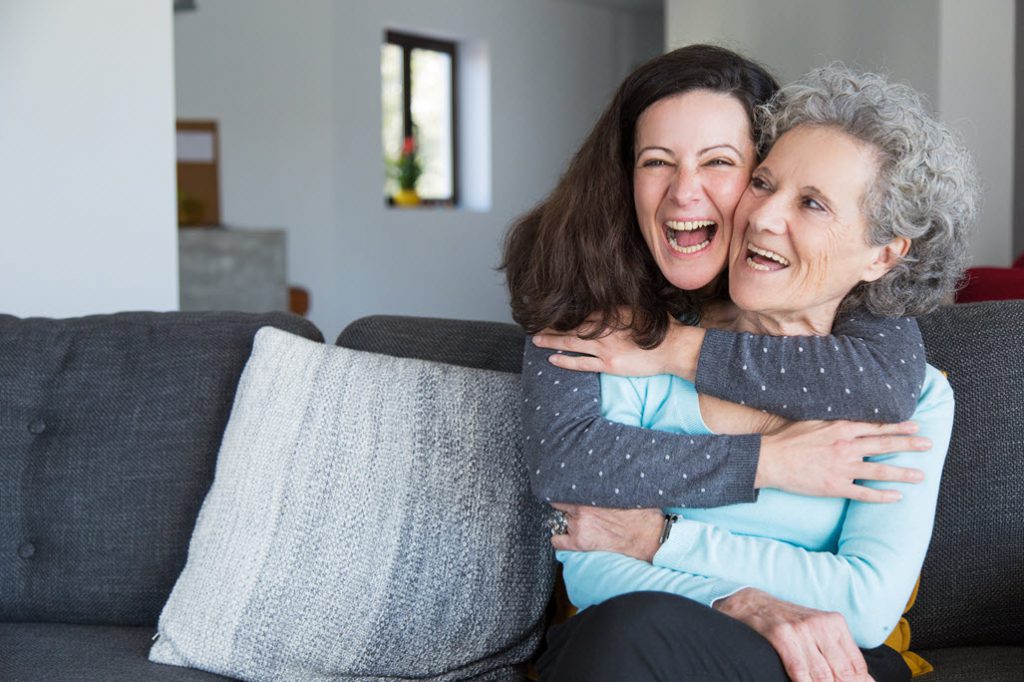Lifestyle

It was estimated that 15,713 Aussies would be diagnosed with colorectal cancer in the past year.
The good news is that when detected at its earliest stages, 90 percent of bowel cancer cases can be successfully treated.
Bowel cancer is one of the most treatable types of cancer if found early, which is why it is so essential that people see their GP immediately if a screening result comes back positive, or if they experience symptoms.
“We know people are sometimes shy or embarrassed about mentioning symptoms to their GP such as bleeding from the bowel or a change in bowel habit,” says Bowel Cancer Australia chief executive, Julien Wiggins. “It may not be bowel cancer but if it is, an early diagnosis can save your life.”
Mr Wiggins says people should also take the opportunity to talk to their GP about bowel cancer screening appropriate to their personal risk.
“Someone with no symptoms but with increased risk can screen for bowel cancer at home with a simple, convenient and accurate test,” says Mr Wiggins.
For Australians aged 50 to 74, the National Bowel Cancer Screening Program (NBCSP) mails free test kits every two years. Individuals outside the age-range can purchase a screening kit from their pharmacy or online.
“However, there are circumstances such as a family history of the disease or other risk factors where your GP may recommend a different test, such as a colonoscopy,” says Wiggins. “Don’t be afraid to talk about symptoms or family cancer history with your GP.”
Thirty-four-year-old Danielle Nicholas went to see her GP after experiencing ongoing rectal bleeding, narrowing of her stools, and abdominal cramping – all symptoms of bowel cancer..
She was assured by her GP that she was “too young” to have bowel cancer – but was referred to a specialist for further investigation.
Bowel Cancer Australia advocates that people with symptoms such as Danielle’s should have a diagnostic colonoscopy within 30 days. Danielle had to wait eight months before receiving her colonoscopy.
“After being told so many times that I was ‘too young to have bowel cancer’ I had started to believe it myself,” Danielle says. But the colonoscopy indicated her young age didn’t matter – she had cancer.
“So many young people have their initial concerns dismissed, which wastes time while cancer grows,” she says.
“If you have any concerns talk to your GP and if you don’t feel comfortable talking to him or her, or if you’re not taken seriously, then get a new GP.”
Danielle’s advice to others is clear: be active in seeking proper health care and professional advice. Make sure referrals are received and ask when you can expect to hear from certain people. If you don’t hear from them, follow up.
To speak with a Bowel Care Nurse call the free Helpline 1800 555 494, Monday to Friday from 10am to 3pm AEST.
Bowel Cancer Awareness Month (1–30 June) is an initiative of Bowel Cancer Australia to raise awareness about a disease that claims the lives of 84 Australians each week.